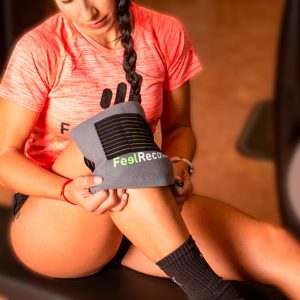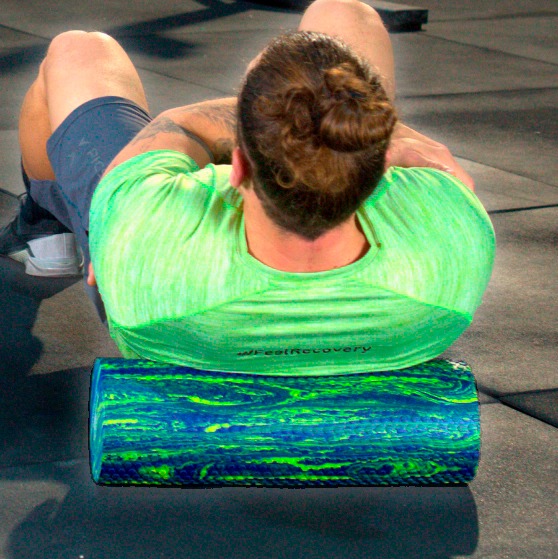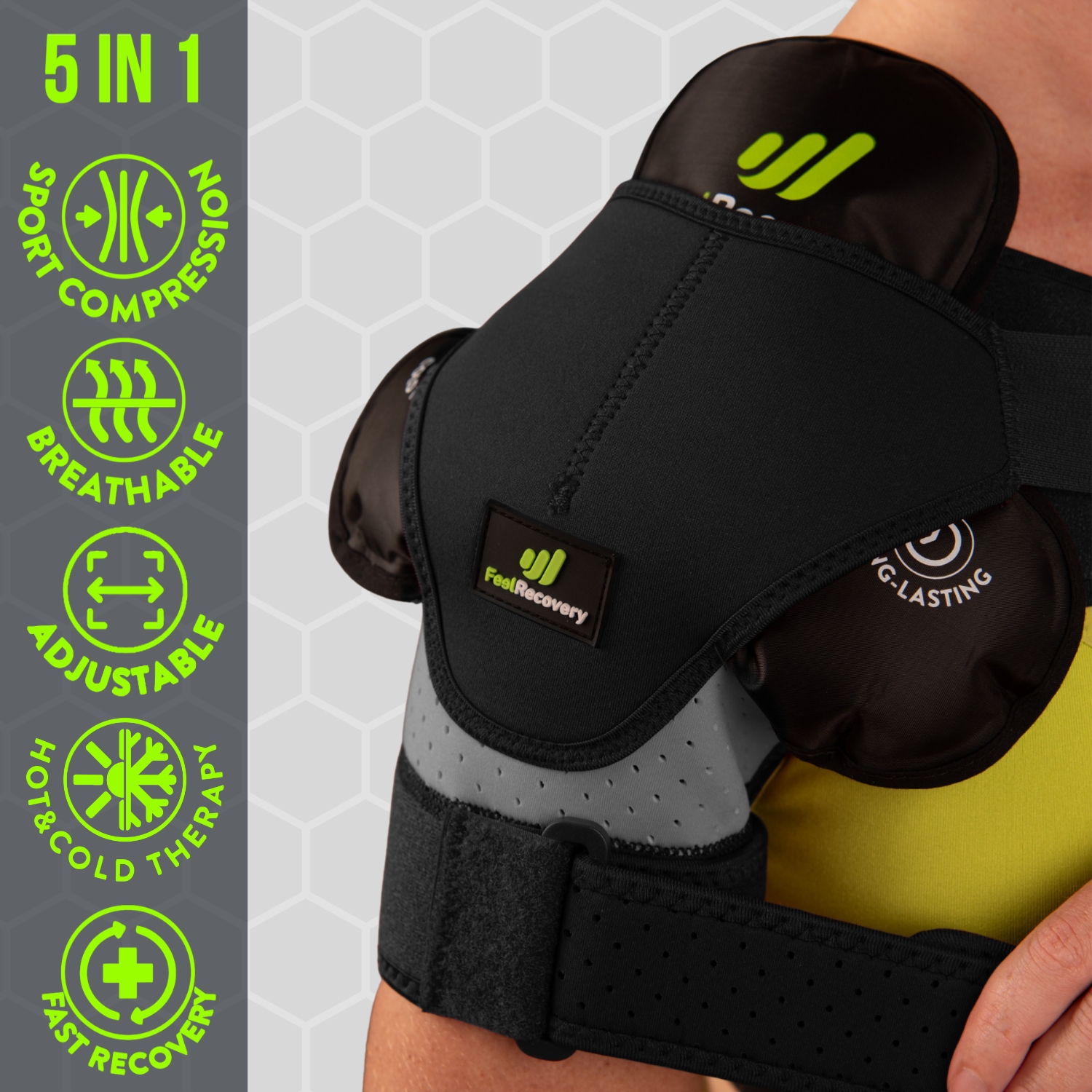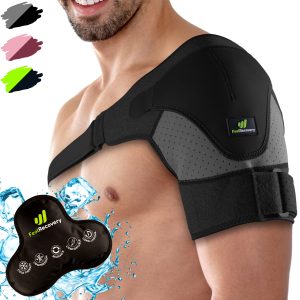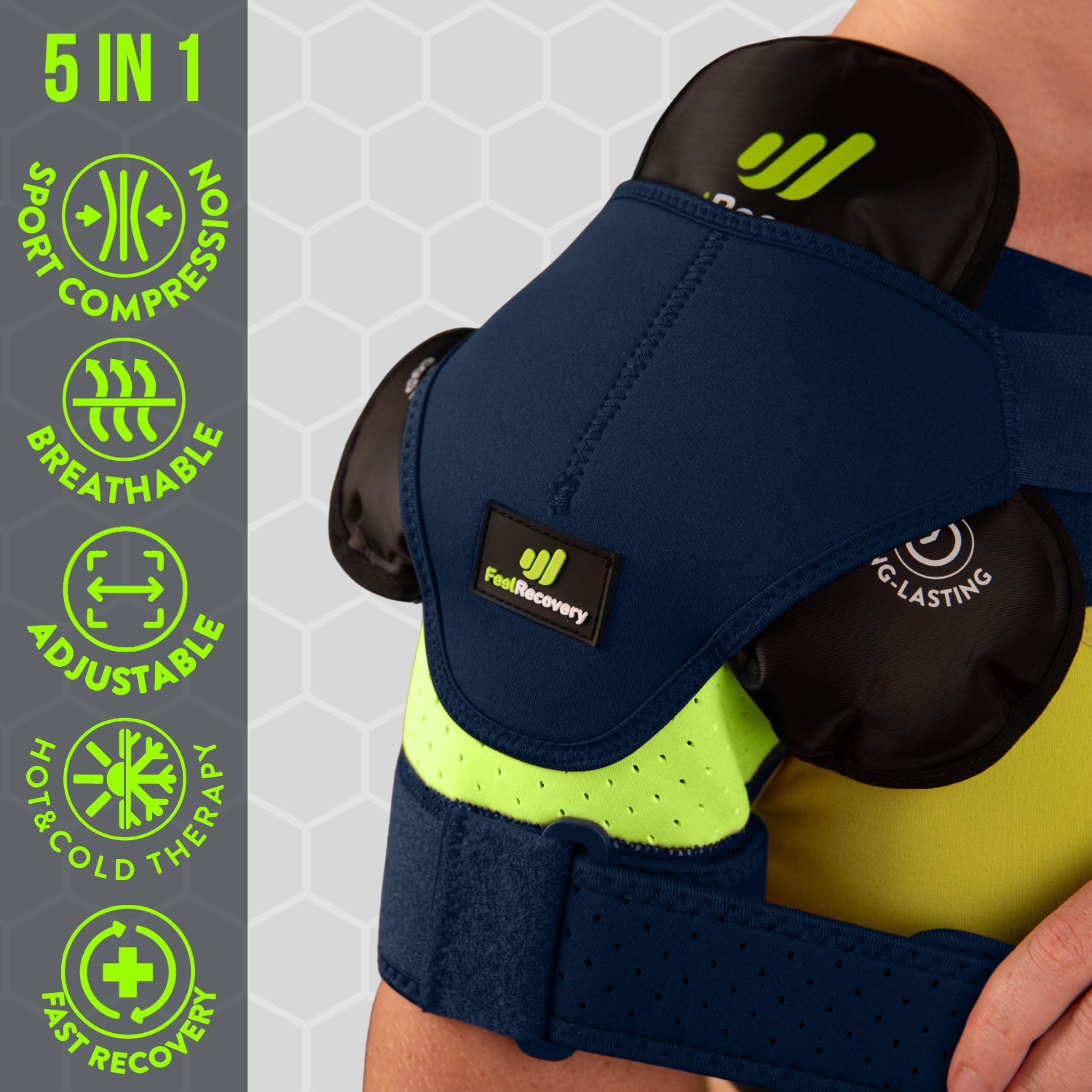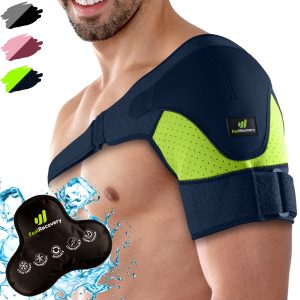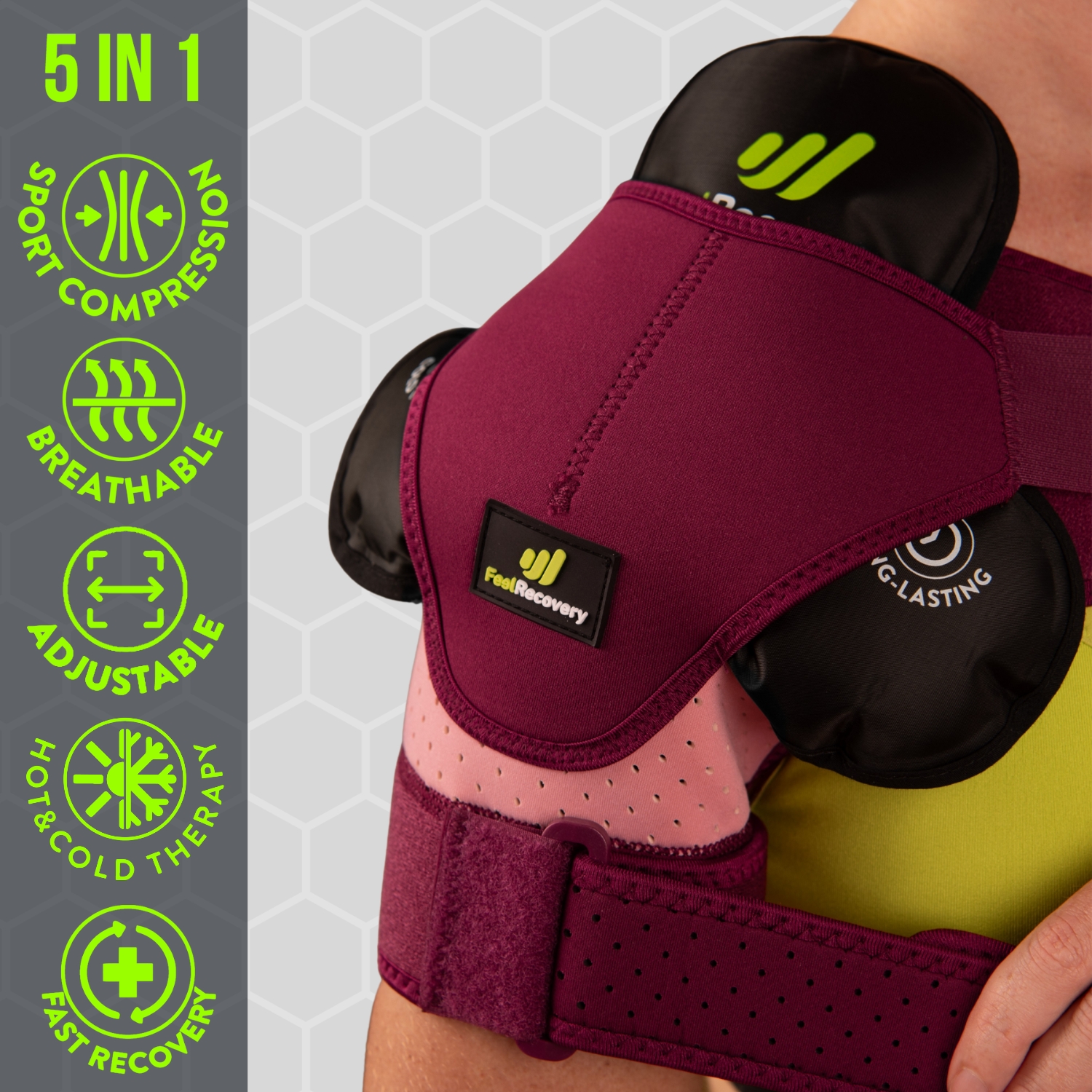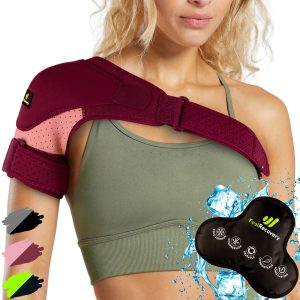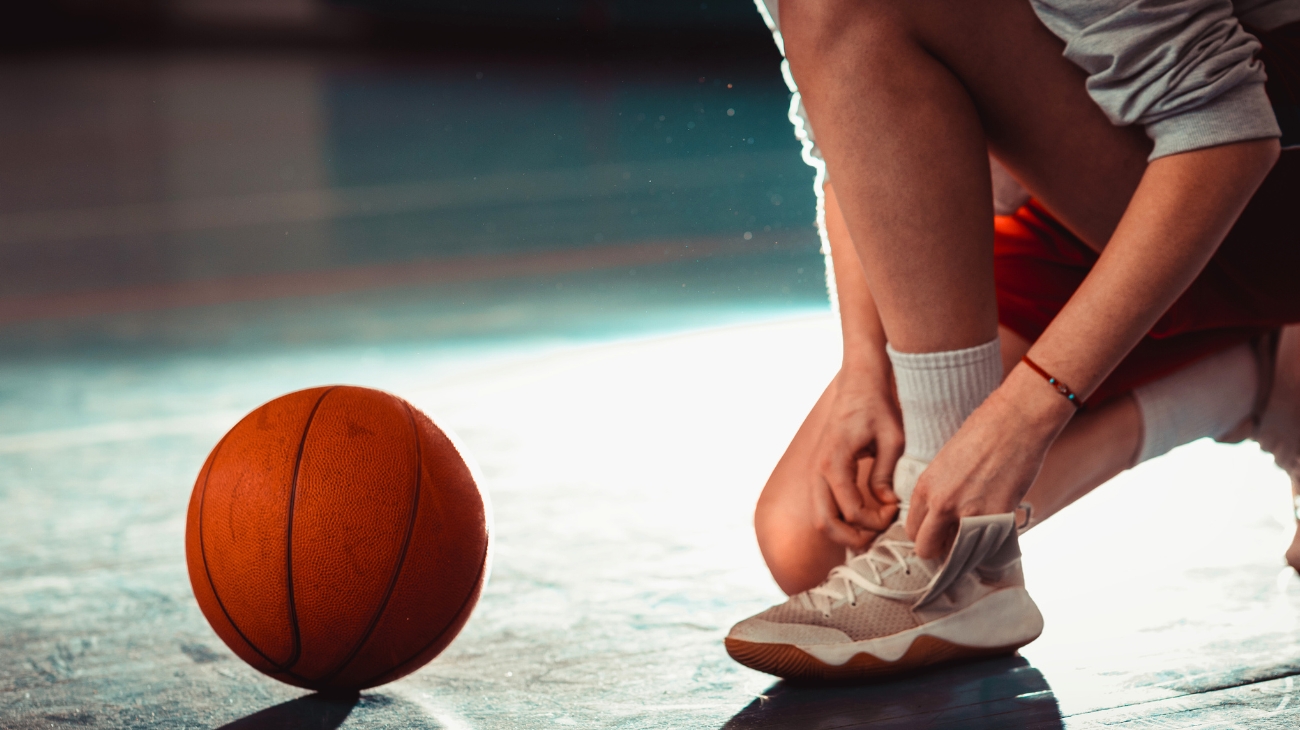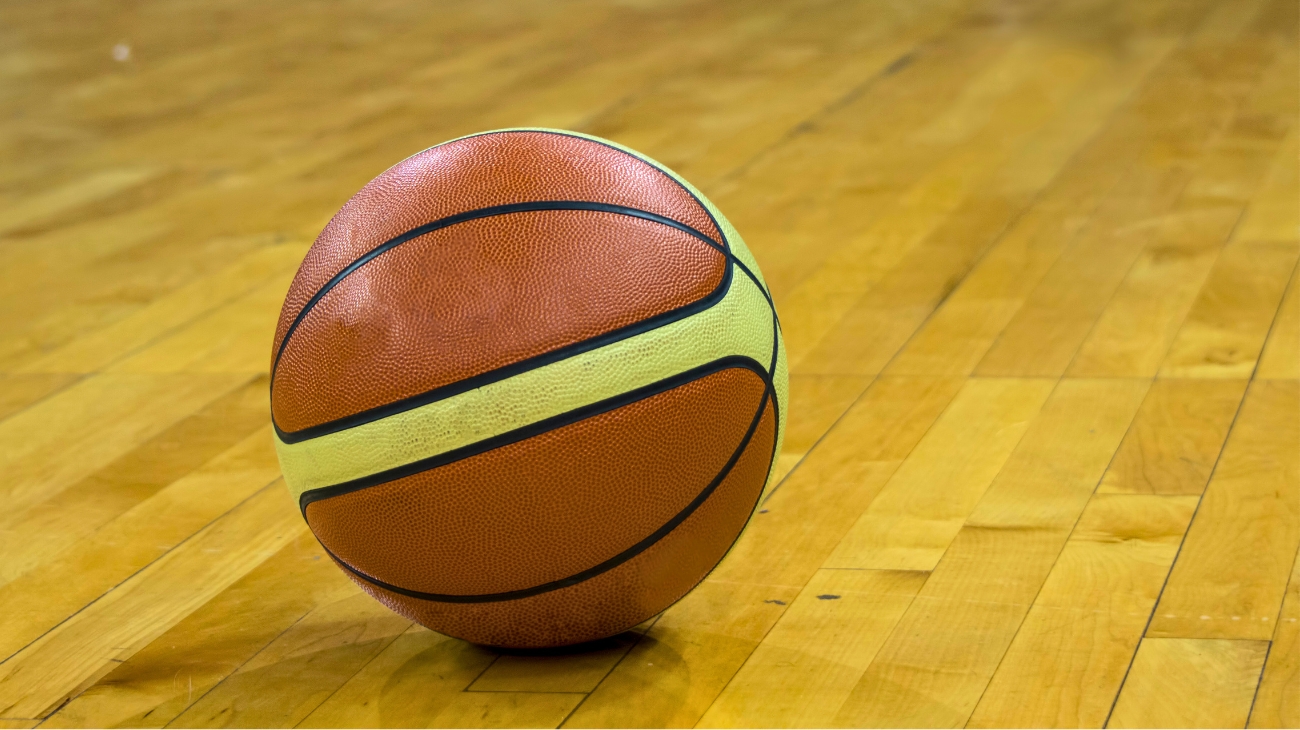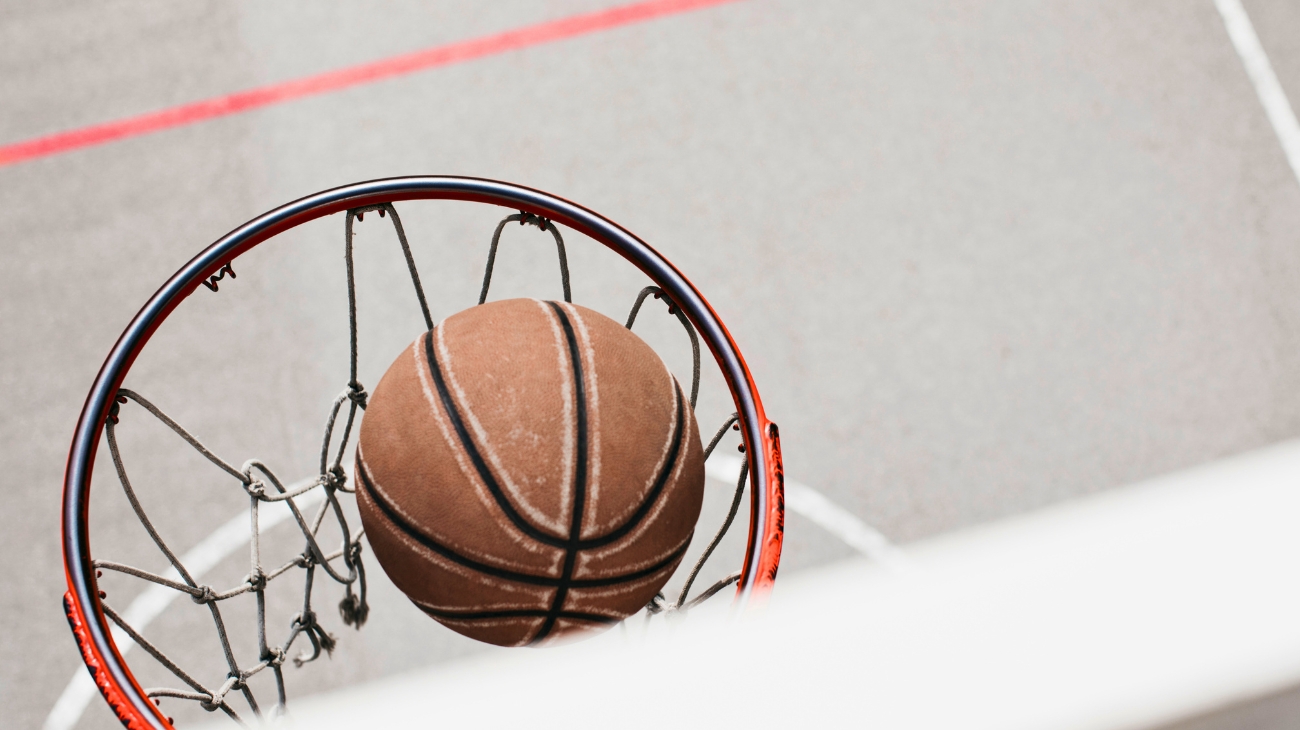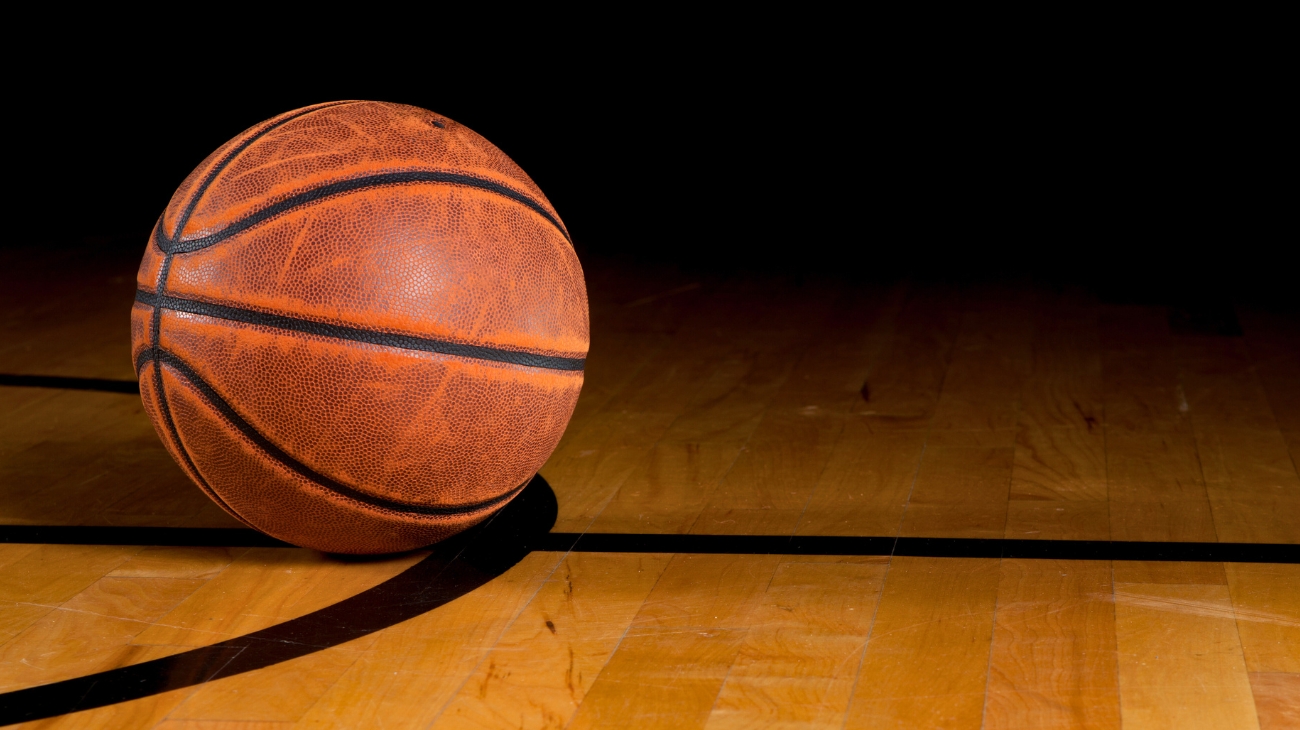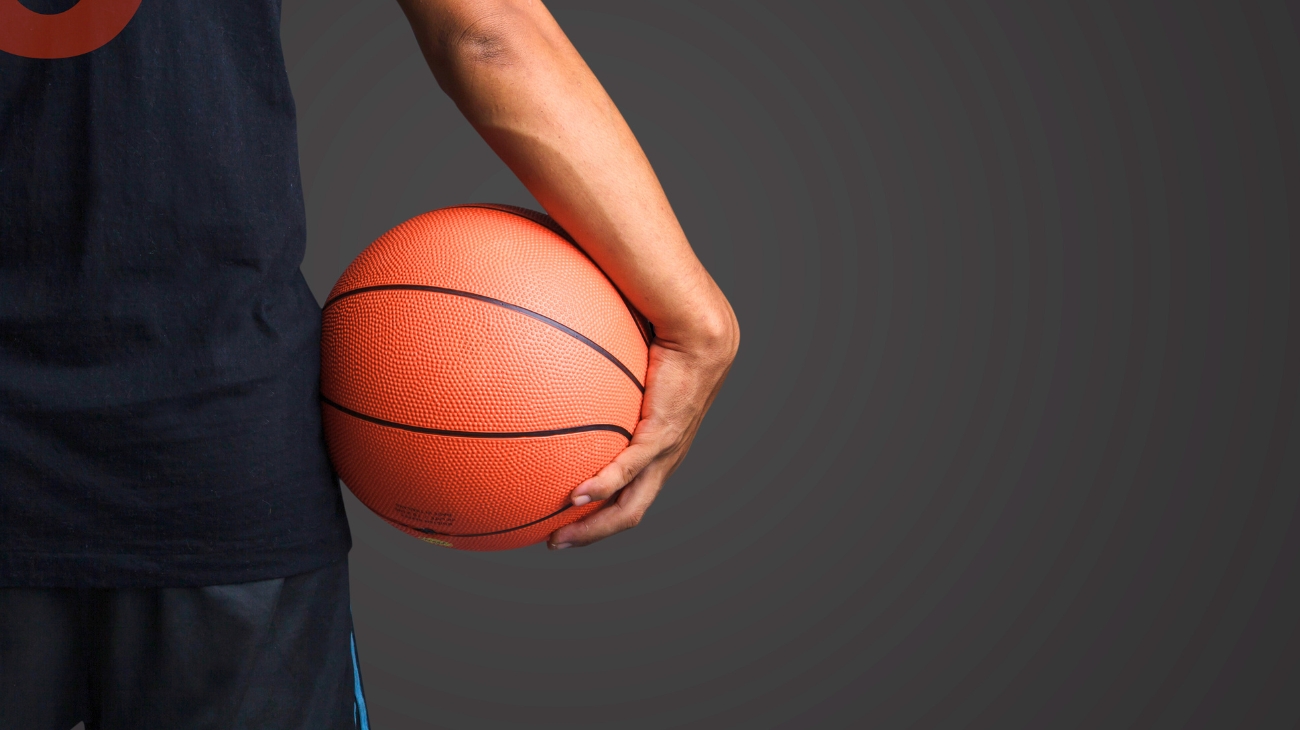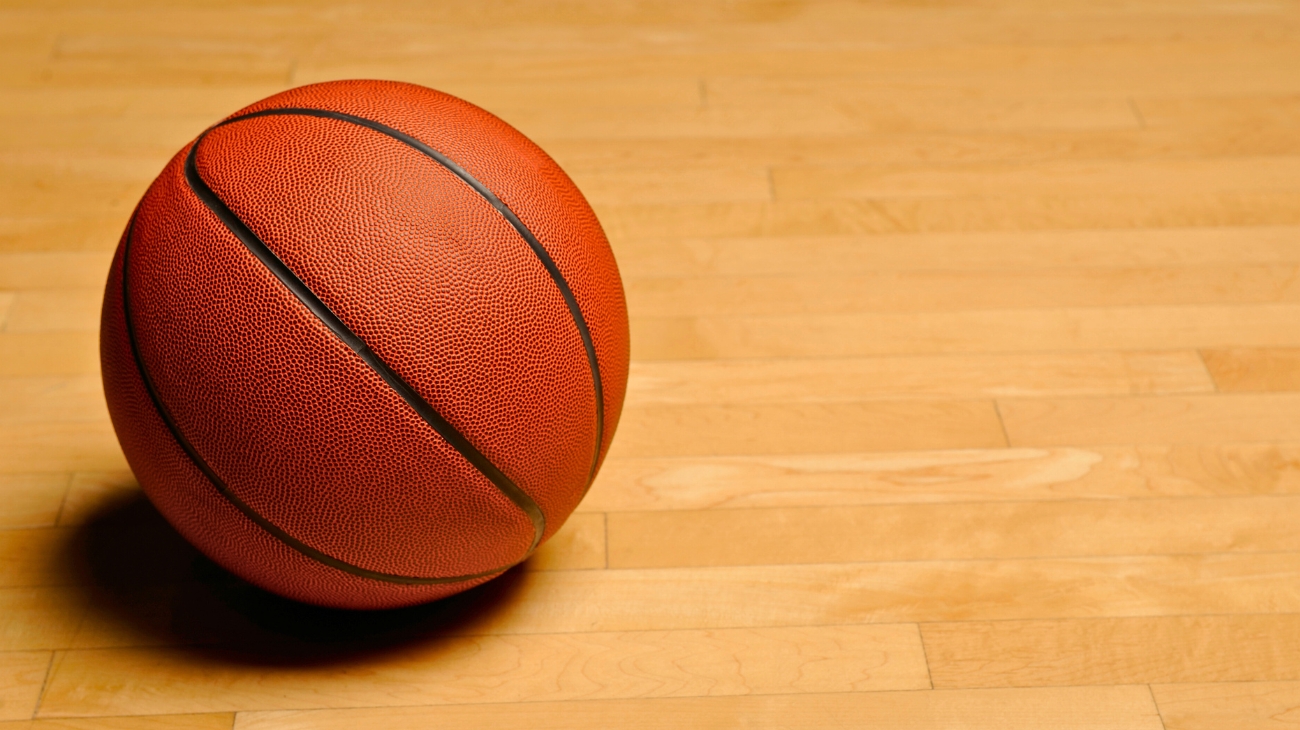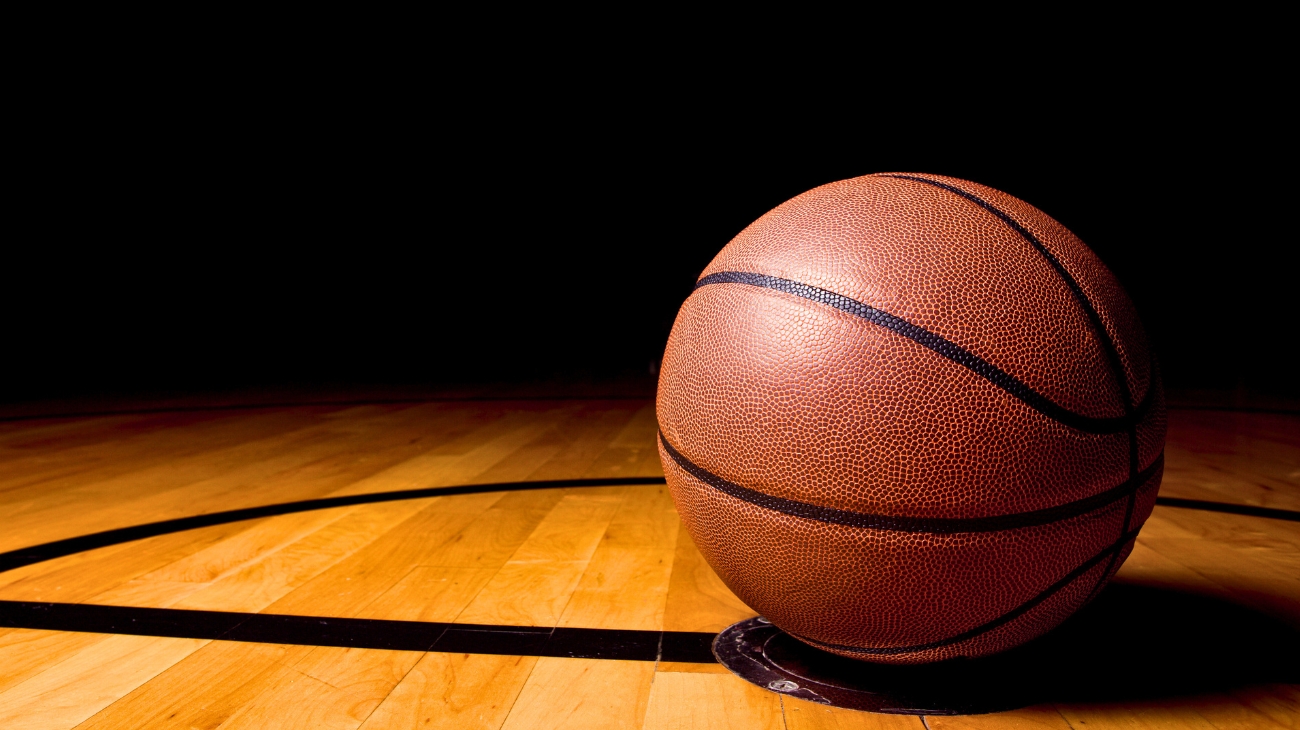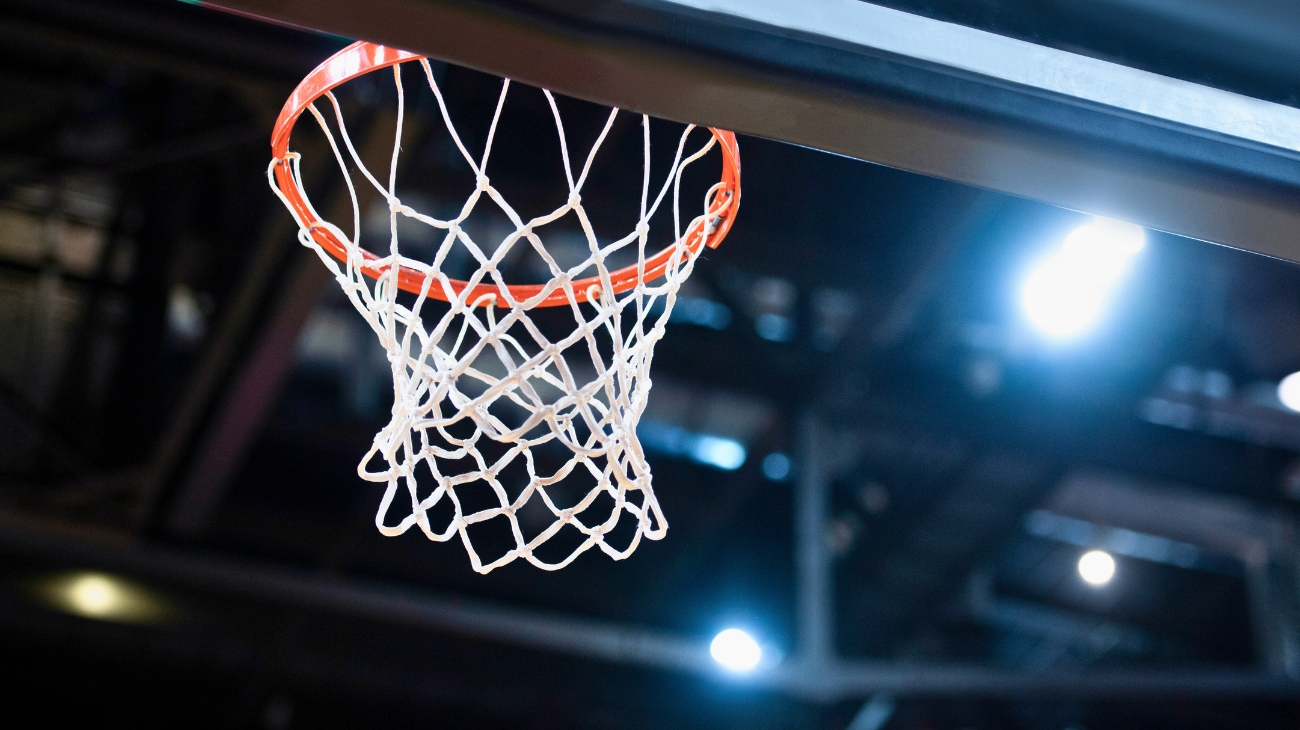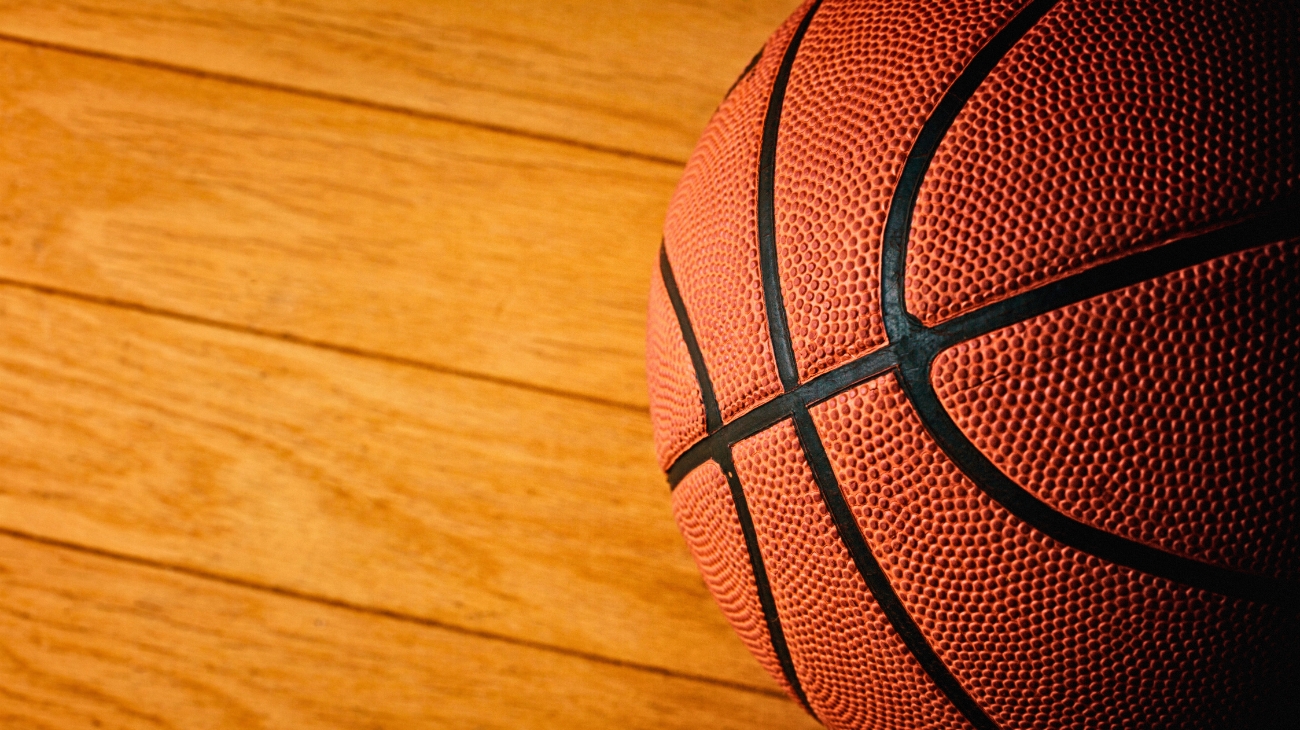Basketball is an intense, high-impact sport that puts considerable stress on the shoulders. Players frequently perform explosive overhead movements such as shooting, blocking, and passing, making shoulder injuries a common occurrence. Injuries like rotator cuff tears, dislocations, labral tears, and tendinitis can sideline even the most experienced athletes, affecting performance and recovery time.
To mitigate these risks and promote recovery, using shoulder braces, supports, and compression sleeves is essential. Shoulder braces provide stability by limiting excessive movement that can lead to dislocations or sprains. They are particularly effective during high-impact actions where sudden jolts or collisions occur, such as rebounding or defending an opponent. Braces help maintain joint alignment, offering external support to prevent further damage.
Compression sleeves are another effective solution for basketball players dealing with inflammation, muscle fatigue, or mild shoulder pain. These sleeves apply consistent pressure on the muscles and tendons, improving blood circulation and reducing swelling. This enhanced circulation helps speed up recovery by delivering oxygen and nutrients to the affected area, while the compression also supports the muscles during strenuous activity.
Many basketball players suffer from rotator cuff tendinitis due to repetitive overhead motions. In such cases, wearing a shoulder support with adjustable straps allows for customized compression and stability. This flexibility ensures a secure fit while maintaining comfort and mobility, which is crucial during a game. The combination of stability and compression provided by these products can reduce pain, improve function, and prevent re-injury.
Another benefit of shoulder braces and supports is their ability to aid in post-injury rehabilitation. After a dislocation or surgery, controlled movement is key to healing. A high-quality shoulder brace restricts unwanted motion while allowing for gradual recovery exercises. This controlled support helps players regain strength and flexibility safely, ensuring a smoother return to the court.
Materials used in shoulder supports, such as breathable neoprene, elastic blends, and reinforced stitching, provide durability and comfort. These materials are designed to wick moisture away from the skin, keeping players cool and dry during intense games. The ergonomic design of modern shoulder braces ensures they fit snugly without restricting performance.
Shoulder supports are not only for injury recovery but also for prevention. Many athletes use them proactively to avoid injuries, especially during training sessions and competitive play. Whether dealing with minor strains or recovering from a severe injury, incorporating a shoulder brace or compression sleeve into your routine can give you the confidence to perform without fear of injury.
Don’t let shoulder injuries keep you on the sidelines. With the right shoulder braces, supports, and compression sleeves, you can stay protected, reduce pain, and enhance your performance on the basketball court. Investing in these products is a smart choice for any player looking to maintain their game at the highest level.
FAQ: Frequently Asked Questions
How do shoulder braces help in basketball?
Shoulder braces provide stability and limit excessive movement, helping prevent injuries like dislocations, sprains, and rotator cuff tears during shooting, blocking, and passing.
Which shoulder support should I choose for a rotator cuff injury?
Select a brace with adjustable straps and compression to provide targeted stability and reduce inflammation while maintaining mobility during play.
Are these braces comfortable to wear during a game?
Yes, modern braces use breathable materials like neoprene, offering a snug fit that provides support without restricting movement or causing discomfort.
How do I maintain and clean my shoulder brace?
Hand wash with mild soap and water, then air dry. Avoid high heat or harsh chemicals to ensure durability.
What results can I expect from using a shoulder brace?
Expect reduced pain, increased stability, and quicker recovery from injuries, allowing you to perform confidently on the court.


